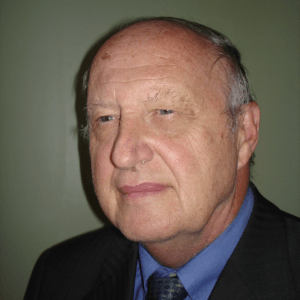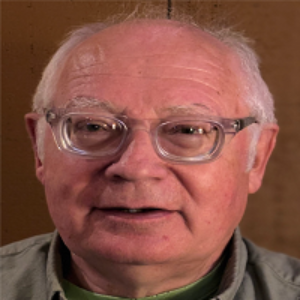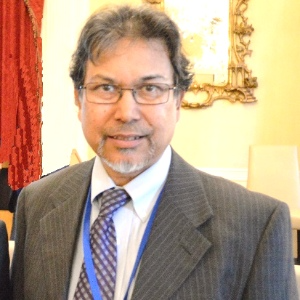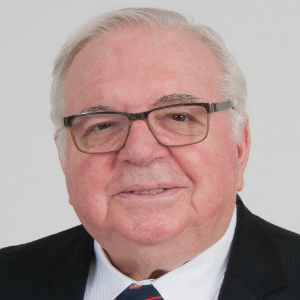Aluminum alloy metallurgy is a branch of materials science that focuses on the study and manipulation of aluminum alloys, which are metallic materials composed primarily of aluminum along with other elements. These alloys possess a wide range of properties, making them crucial in various industries like aerospace, automotive, construction, and consumer goods. The process of creating aluminum alloys involves mixing pure aluminum with other elements such as copper, silicon, magnesium, manganese, or zinc, altering the material's properties to meet specific requirements. This blending process is known as alloying, and it can be done through various methods like casting, extrusion, or forging. Metallurgists employ various techniques like heat treatment, quenching, and aging to further enhance aluminum alloy properties, adjusting their hardness, strength, and durability to suit specific applications. Aluminum alloy metallurgy involves rigorous testing and quality control measures to ensure the alloys meet stringent industry standards and specifications, guaranteeing reliability and safety in their applications. Researchers continue to innovate in aluminum alloy metallurgy, developing new compositions and manufacturing processes to create alloys with improved properties and performance characteristics, meeting evolving industrial demands. Overall, aluminum alloy metallurgy plays a pivotal role in engineering materials with tailored properties, enabling the production of lightweight, durable, and versatile materials crucial to modern technological advancements across various sectors. Moreover, advancements in metallurgical research continuously push the boundaries, exploring novel alloy compositions, innovative processing techniques like powder metallurgy or additive manufacturing, and sustainable practices to further improve the overall properties and applications of aluminum alloys in modern. Metallurgists navigate complex phase diagrams and crystallography to comprehend the alloy's behavior under different conditions, ensuring its reliability and performance under stress, temperature fluctuations, or environmental exposure. This intricate science amalgamates theoretical knowledge with practical applications, propelling innovations across aerospace, automotive, construction, and other critical industries, continually pushing the boundaries of what aluminum alloys can achieve.

Ephraim Suhir
Portland State University, United States
Thomas J Webster
Interstellar Therapeutics, United States
Robert Buenker
University of Wuppertal, Germany
Will Skene
Montreal University, Canada
Valeriy A Buryachenko
Micromechanics & Composites LLC, United States
Anis Rahman
Applied Research & Photonics, Inc, United States
Will Skene
Montreal University, Canada
Robert Guidoin
Laval University, Canada
Robert Buenker
University of Wuppertal, Germany


Title : Introducing picotechnology: An exciting extension of nanotechnology
Thomas J Webster, Interstellar Therapeutics, United States
Title : The failure of both einsteins space-time theory and his equivalence principle and their resolution by the uniform scaling method
Robert Buenker, University of Wuppertal, Germany
Title : Material challenges with proton conducting ceramics for intermediate temperature hydrogenation/dehydrogenation applications
Saheli Biswas, Commonwealth Scientific and Industrial Research Organisation, Australia
Title : Porphyrin layers at metal-electrolyte interfaces monitored by EC-STM and CV
Marek Nowicki, University of Wroclaw, Poland
Title : Color control of electrochromes by structural modification
Will Skene, Montreal University, Canada
Title : Make experiments more efficient: Two simple and powerful approaches. Mg2Si growth for photovoltaic and thermoelectric applications
Alexander S Gouralnik , Institute of Automation and Control Processes, Russian Federation
Title : Reconfigurable antenna structures using tunable materials
Nasimuddin, Institute for Infocomm Research, Singapore
Title : (0, 1 and 2) Dimensional hybrid architecture of the synthesized materials leads the smart sensing of the gaseous species at low/room temperature
D R Patil, North Maharashtra University, India
Title : Enhanced grain refinement, precipitates regulation, and improved mechanical properties of cast Al-Li alloy by Ti addition and heat treatment
Lixiong Shao, Shanghai Jiao Tong University, China
Title : Broadband sound attenuation of shape memory polymer with triangular-honeycomb unit cell metamaterial structural design
Musaab Ejaz, Universiti Teknologi PETRONAS (UTP), Malaysia